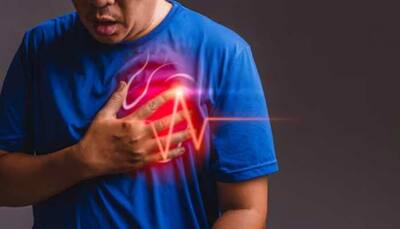A device that delivers direct stimulation to the brain was found to be a safe and effective means of treating depression at home, according to a new study by researchers at UTHealth Houston; the Institute of Psychiatry , Psychology & Neuroscience at King's College London; and the University of East London. The research was published in Nature Medicine on Oct. 21, 2024.
Transcranial direct current stimulation (tDCS) is a form of noninvasive brain stimulation that applies a weak, direct current of between 0.5 to 2 milliampere to the scalp via two electrodes. It is already commonly used in clinics to treat conditions such as psychosis and eating disorders.
The clinical trial assessed tDCS that was used in a home setting and self-administered by patients. King's College London led the international study. Co-author and lead investigator for the U.
S. site was Rodrigo Machado-Vieira, MD, PhD, MSc, professor with the Louis A. Faillace, MD, Department of Psychiatry and Behavioral Sciences in McGovern Medical School at UTHealth Houston.
"The results from this study, which tested home-based tDCS, may represent an important advance in the mood disorders field for improving feasibility and therapeutic response with this new neuromodulation modality," Machado-Vieira said. "These latest results confirmed a positive profile for safety and efficacy similar to early studies with patients with depression and bipolar disorder, and the home-based therapy may facilitate access of this treatment t.


















